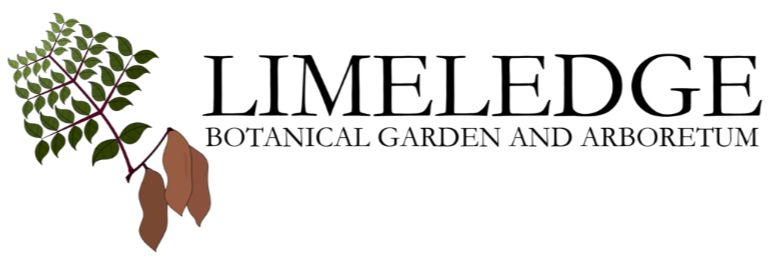aextoxicon
Olivillo
Aextoxicaceae
aextoxicon
Insert your text here or use
Accepted Species
| punctatum | Andean olivillo |
Justification for the Treatment of Aextoxicon
Aextoxicon is a little-known, monotypic genus in a monogeneric family. Molecular data has shown the genus (and therefore the family) to be most closely related to its fellow Southern Hemisphere endemic family Berberidopsidaceae, the Coralvine Family. To the naked eye however, the Elaeagnus-like olivillo trees of the Aextoxicaceae and the coralvines of Berberidopsidaceae bear little resemblance to one another.
References and Further Reading
Carlquist S (2003) Wood anatomy of Aextoxicaceae and Berberidopsidaceae is compatible with their inclusion in Berberidopsidales. Systematic Botany 28(2): 317-325. https://doi.org/10.1043/0363-6445-28.2.317
De Craene LPR, Stuppy W (2010) Floral development and anatomy of Aextoxicon punctatum (Aextoxicaceae‐Berberidopsidales): An enigmatic tree at the base of core eudicots. International Journal of Plant Sciences 171(3): 244-257. https://doi.org/10.1086/650161
Jansen S, Broadley MR, Robbrecht E, Smets E (2002) Aluminum hyperaccumulation in angiosperms: A review of its phylogenetic significance. Botanical Review 68(2): 235-269. https://doi.org/10.1663/0006-8101(2002)068[0235:AHIAAR]2.0.CO;2
Maia VH, Gitzendanne MA, Soltis PS, Wong GK-S, Soltis DE (2014) Angiosperm phylogeny based on 18S/26S rDNA sequence data: Constructing a large data set using next-generation sequence data. International Journal of Plant Sciences 175(6): 613-650. https://doi.org/10.1086/676675
Nunez-Avila MC, Armesto JJ (2006) Relict islands of the temperate rainforest tree Aextoxicon punctatum (Aextoxicaceae) in semi-arid Chile: Genetic diversity and biogeographic history. Australian Journal of Botany 54: 733–743. https://doi.org/10.1071/BT06022
Salgado-Negret B, Canessa R, Valladares F, Armesto JJ, Pérez F. (2015) Functional traits variation explains the distribution of Aextoxicon punctatum (Aextoxicaceae) in pronounced moisture gradients within fog-dependent forest fragments. Frontiers In Plant Science 23. https://doi.org/10.3389/fpls.2015.00511
Savolainen V, Fay MF, Albach DC, Backlund A, van der Bank M, Cameron KM, Johnson SA, Lledó MD, Pintaud JC, Powell M, et al. (2000) Phylogeny of the eudicots: A nearly complete familial analysis based on rbcL gene sequences. Kew Bulletin 55(2): 257-309. https://doi.org/10.2307/4115644








